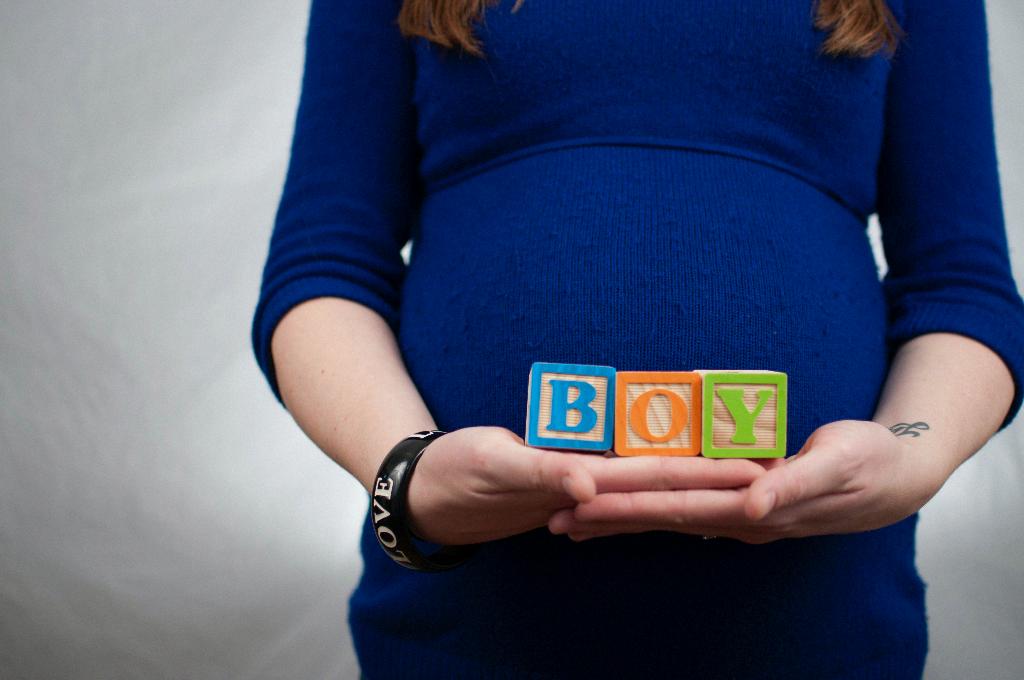When it comes to the exciting journey of pregnancy, one of the most common questions that women have is: How early can pregnancy symptoms start to show? The answer to this question can vary greatly from woman to woman, as everyone’s body is different and may react to pregnancy in unique ways.
Early Pregnancy Signs and Symptoms
Some women may begin experiencing the first signs of pregnancy as early as a week or two after conception. These early symptoms can include fatigue, breast tenderness, nausea, and heightened sense of smell. However, it’s important to note that not all women will experience these symptoms at the same time or to the same degree.
Variability in Symptom Onset
While some women may start to feel early pregnancy symptoms shortly after conception, others may not notice any changes until four or five weeks after conception. This variability in symptom onset is entirely normal and should not be a cause for concern. Every woman’s body is unique, and pregnancy affects each person differently.
Delayed Onset of Symptoms
It’s also worth mentioning that some women may not experience any pregnancy symptoms until their period is noticeably late, which can be around six to eight weeks after conception. This delayed onset of symptoms does not necessarily indicate a problem with the pregnancy, as every woman’s body adjusts to the changes of pregnancy at its own pace.
Factors Influencing Symptom Timing
Several factors can influence when a woman starts to show pregnancy symptoms. These factors include hormonal levels, individual sensitivity to hormonal changes, overall health, stress levels, and genetic predispositions. It’s essential to remember that each woman’s pregnancy experience is unique and can vary widely.
Common Early Pregnancy Symptoms
Common early pregnancy symptoms that women may experience include fatigue, morning sickness, frequent urination, mood swings, food aversions or cravings, and breast changes. These symptoms can vary in intensity and duration from woman to woman and even from one pregnancy to another for the same woman.
Seeking Medical Guidance
If you suspect you may be pregnant or are experiencing unusual symptoms, it’s essential to consult with a healthcare provider. A medical professional can confirm pregnancy through testing and provide guidance on proper prenatal care and symptom management. Early prenatal care is crucial for the health and well-being of both the mother and the developing baby.
Emotional Changes in Early Pregnancy
Alongside physical symptoms, many women may also experience emotional changes in early pregnancy. Hormonal fluctuations can lead to mood swings, heightened emotions, anxiety, or feelings of excitement and anticipation. It’s entirely normal to experience a range of emotions during this transformative time.
Support Networks
During the early stages of pregnancy, it can be beneficial to lean on a support network of family and friends. Sharing your experiences and feelings with loved ones can provide emotional support and reassurance during a period of significant change and transition. Remember, you are not alone on this journey.
Maintaining Self-Care
Amidst the whirlwind of early pregnancy symptoms and emotional changes, it’s essential to prioritize self-care. Getting adequate rest, eating nutritious foods, staying hydrated, gentle exercise, and engaging in activities that bring you joy can all contribute to your overall well-being during this special time.
Monitoring Symptoms
While experiencing early pregnancy symptoms can be a sign of the miraculous journey ahead, it’s crucial to monitor your symptoms and communicate any unusual changes with your healthcare provider. Keeping track of your symptoms, noting any concerns, and seeking medical guidance when necessary ensures the best care for you and your baby.
Conclusion
In conclusion, the timing of when pregnancy symptoms start to show can vary significantly among women. Whether you notice early signs shortly after conception or closer to the missed period, each woman’s pregnancy journey is uniquely her own. Embrace the changes, listen to your body, seek support when needed, and remember to prioritize self-care during this transformative time.

